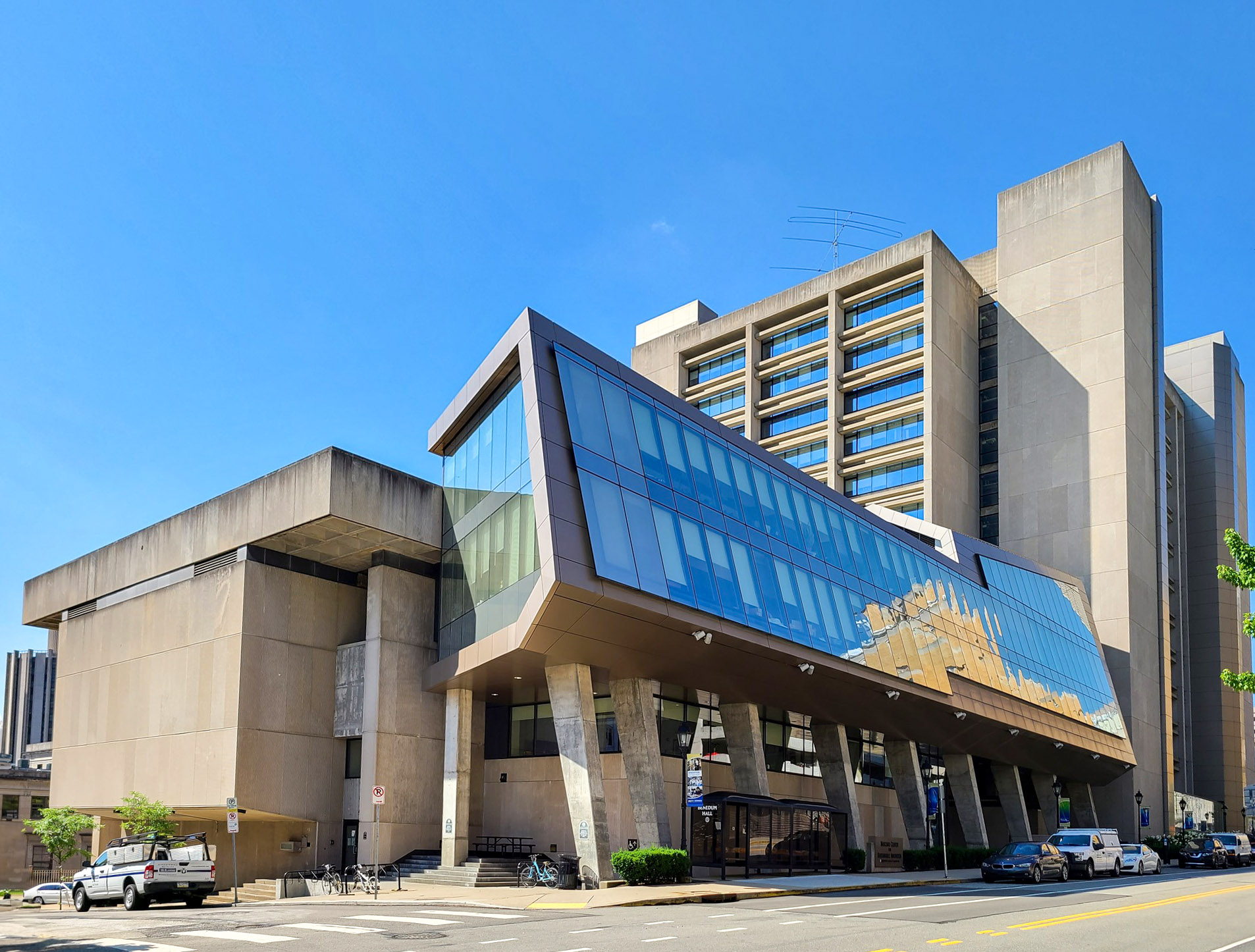Now, as an assistant professor of industrial engineering at the University of Pittsburgh who recently won a Pitt Cyber Accelerator Grant, the 36-year-old Four Mile Run resident translated that interest into a unique class. Thanks to a collaboration between the University of Pittsburgh and the Western Pennsylvania Regional Data Center, his students got to create human-centered algorithms to solve real problems in our region.
“The class not only teaches students about algorithms,” Rahimian told Technical.ly, “but how to apply them to real-world datasets while becoming more conscious of their societal consequences.”
His syllabus for Using Data for Social Good was set up in three stages: “Essence of Data,” “AI in the Fabrics of Society,” and “Algorithms in the Wild.” All sessions were paired with an influential speaker, a local expert with knowledge either about policy or data.
Throughout the three sections, which all dealt with data and how it impacts society, students were tasked with working on a real-world project that applied these principles outside of the classroom. This began early in the semester when they were introduced to the Western Pennsylvania Regional Data Center, a leading open data portal based at Pitt that partners with Allegheny County and the City of Pittsburgh, and asked to begin crafting an algorithm that leveraged data provided by the WPRDC.
“These algorithms that students ultimately create are supposed to be human-centered,” Rahimian explained. “That’s why using data from the WPRDC is so important for the function of this class; it’s data that affects daily lives.”
Since not every city has such an integrated center that interfaces with local government and makes its data accessible, he said, the WPRDC provided the students with a unique experience.
What neighborhood is at highest risk of gentrification? Is PGH a bike-friendly city?
In the class, which ran during Pitt’s fall 2023 semester, students learned various applications of predictive models trained with real data — predicting everything from disease risk, the probability of an online ad appearing, or even the probability of a loan repayment happening.
For their final project, students had the option of choosing a topic likely to impact Pittsburgh residents, or choosing a differently focused subject in which they were interested.
Their choices included identifying Pittsburgh neighborhoods’ risks for gentrification, understanding synthetic data in the context of social services, and whether or not Pittsburgh is a bike-friendly city.
The passion the students had for their projects, Rahimian said, is what stands out most about the course.
“The best thing for me was the projects,” the professor said. For the students to be able to meaningfully contribute, he added, the university needed to give them enough tools and support — which he was able to wrangle.
“We were able to match them with mentors who were PhD students with more experience in analyzing data,” Rahimian said, “and then control the project so that the students end[ed] up being interested.”
For the time being, it’s unclear if the course will be offered again during the 2024-2025 school year. Factors will include student interest, as well as professors’ availability. Looking back, though, Rahimian considers it to have been a success.
“I wanted them to not just focus completely on the technicalities or the data analysis, but also to meaningfully engage with the data … and the civic context of the data,” Rahimian said. “Having the students feel empowered in terms of getting insights out of the data, and thinking about the societal implications of that data, really stands out to me.”







